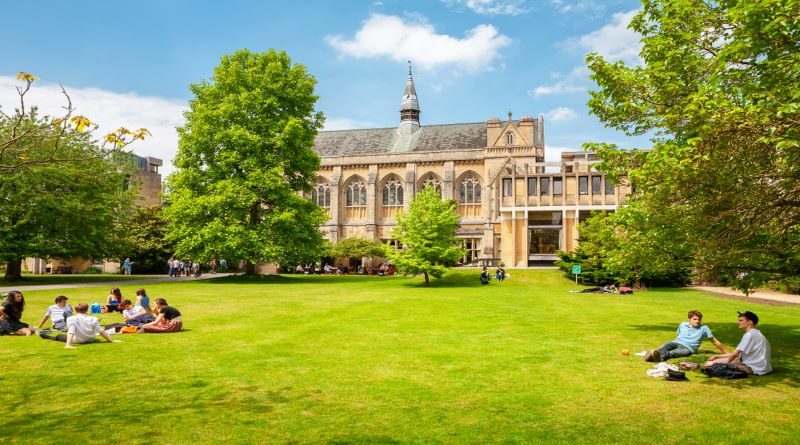University of Oxford
About
University of Oxford is coined the oldest university in the English-speaking world. It is a unique and historic institution. While it has no clear date of emergence, teaching at the university has existed in some form since 1096 and rapidly grew from 1167 when Henry II banned English students from attending the University of Paris.
It is located nearby the medieval city centre of Oxford and is comprised of 44 halls and colleges in addition to the UK’s largest library system. University of Oxford has around 22,000 students, around half who are undergraduates and just under half are international students. The university does not have a primary campus, its facilities and buildings are instead scattered throughout the city centre. Each of its colleges have their own unique feel and often date back centuries.
Oxford University has four main academic divisions – Mathematical, Humanities, Physical and Life Sciences, Medical Sciences and Social Sciences. Its strength has been deemed sciences and it has been ranked number one in the world for medicine. The colleges have lots of exciting extracurricular activities happening around it and a strong drama and musical scene.
Postgraduate Programs They Run
University of Oxford offers more than 350 courses across the disciplines, with new courses becoming available each year. This includes postgraduate research and taught courses available for part-time and full-time study, and at each level from doctorates to diplomas. Their Department for Continuing Education provides tonnes of online courses also across a range of topics.
Course formats include flexible short courses, weekly lectures, single day and weekend events, Oxford qualifications and lecture series. Their postgraduate programs provide flexibility to learners being able to be carried out online or part-time to fit around your working schedule. Their postgraduate courses span topics such as computer science, philosophy, history, anthropology, theology, biochemistry, languages, neuroscience, economics, social change and much more. You can browse all their postgraduate courses here. Some of the award accreditations include Postgraduate Certificates (PGCerts), Postgraduate Diplomas (PGDips), Master of Science (MSc), Master of Art (MA) and more.
Admissions Process
University of Oxford welcomes students from all across the globe and is recognised as one of the best places to study in the world. The competition to study here is intense as a result. On average, they receive more than 20,000 applications for around 3,250 places per year. To apply, simply choose your course and ensure you meet the entry requirements. Then, have a look at their colleges and submit your UCAS application form.
From this point, University of Oxford will be in touch with you to let you know whether you have been successful. To apply as an international student, you need to check that University of Oxford will accept your international qualifications and that you are able to achieve the grades they expect. Then, you can make an open application on their website which will inform you of all the requirements you need.
Accommodation
All first-year undergraduate students of University of Oxford are offered accommodation either in the main site of the college or in the nearby college annexe. All of the colleges offer a minimum one further year of accommodation and some offer this for the entire duration of your studies. You can choose to take up this option or arrange your own accommodation after you have completed your first year.
If you decide to arrange your own accommodation, Oxford has a wide selection of privately-rented flats and houses available. Accommodation is also available to those doing postgraduate courses. The Oxford University’s Student Union can advise you on this.
Scholarships and Financial Support
Oxford does provide some funding to support students in completing their studies. This support is rather competitive however. In the academic year of 2020-2021, more than 47% of their new graduate students received partial or full funding from the University or other funders. In order to ensure your success, it is important to not delay and research your funding options.
University of Oxford also has a number of scholarships and bursaries available. In particular, the Crankstart Scholarships for UK students which can be obtained if you are a UK-resident studying your first undergraduate degree and your annual household income is £27,500 or less. This scholarship includes a non-repayable bursary of up to £5,000 per year towards your course and living costs. You can view Oxford’s other scholarships and bursaries here.
Contact Info
You can contact University of Oxford using this phone number – +44 1865 270000




